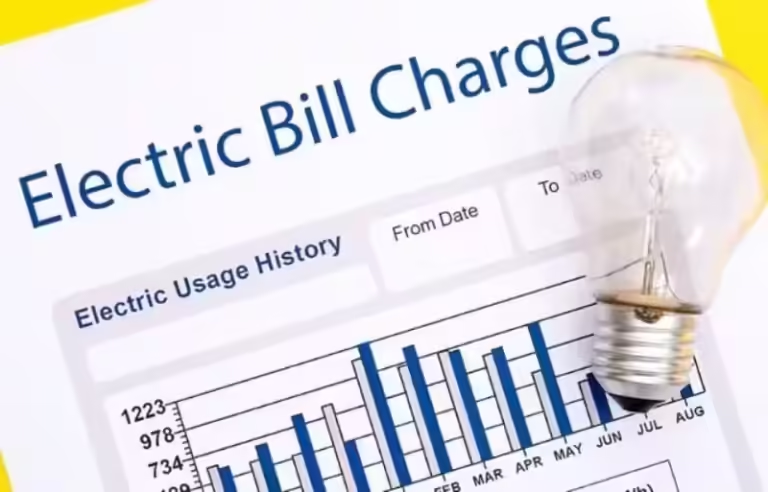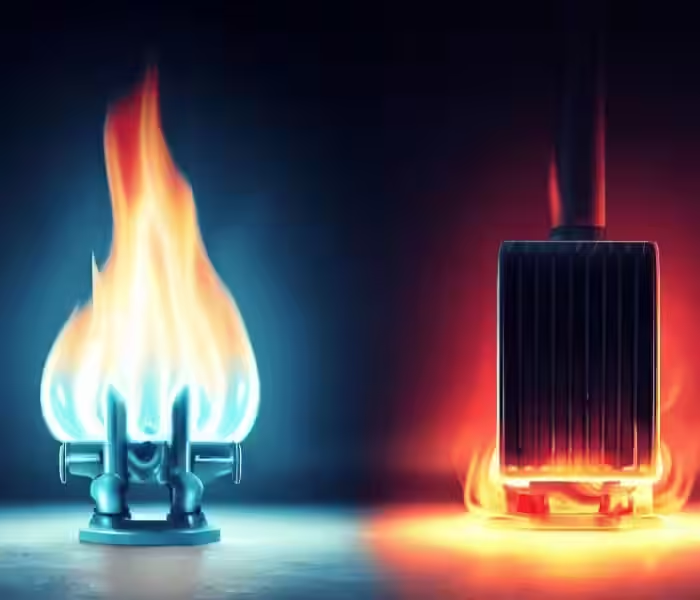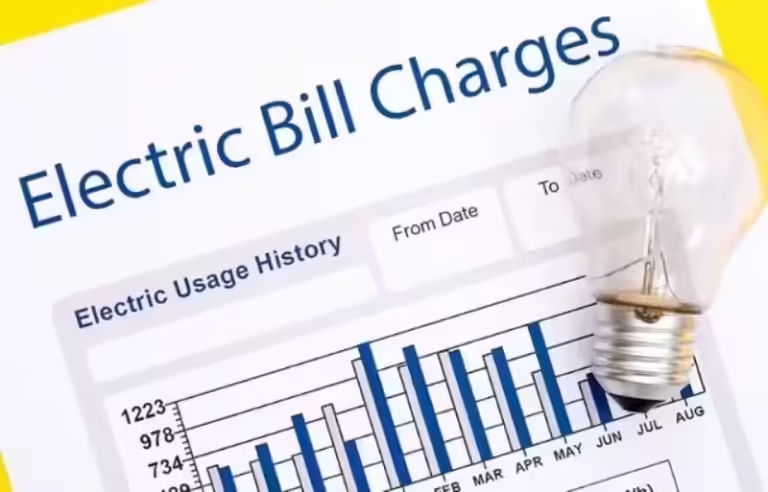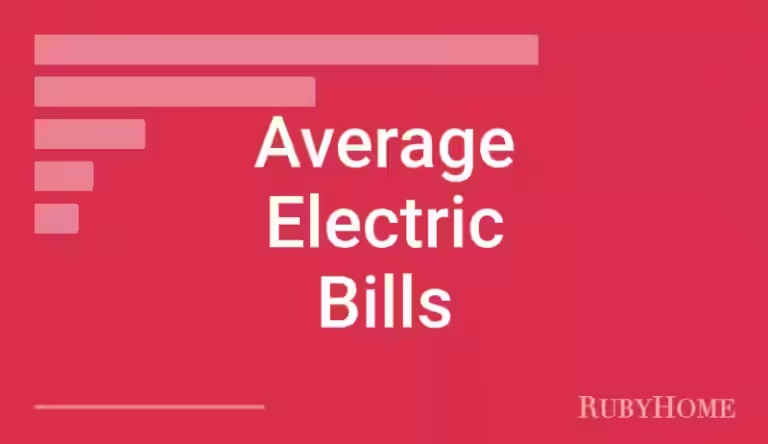Unraveling the Mystery of Apartment Utility Costs

Moving into a new apartment is exciting, but it’s essential to consider the hidden costs beyond rent. One significant factor is utilities, which can significantly impact your monthly budget. Understanding how much do utilities cost per month in an apartment is crucial for financial planning and avoiding unexpected expenses.
The good news is that many apartments include some utilities in the rent. This can make budgeting easier, but it’s vital to know exactly what’s covered. Let’s break down the most common utilities and how they affect your bottom line.
Common Utilities Included in Rent
Many landlords include basic utilities in the rent, often to attract tenants and simplify the rental process. Here’s a breakdown of what you might find included:
Water and Sewer
Most apartments include water and sewer services in the rent. This means you won’t receive separate bills for these essential services. However, some landlords may charge a flat fee for water usage, especially in areas with water restrictions or high usage.
Trash Removal
Trash removal is another utility commonly bundled with rent. This ensures your garbage is collected regularly, making life easier and promoting a cleaner living environment. However, be sure to check if there are specific guidelines on what you can and cannot dispose of in the trash.
Gas
Gas is a bit trickier. Some apartments include gas for heating and cooking in the rent, while others charge separately. This depends on the building’s design and the landlord’s policies. If not included, you’ll need to budget for gas bills, which could fluctuate based on usage and seasonal factors.
Electricity
Electricity is often charged separately, meaning you’ll receive a bill from the local utility company. The amount you pay will depend on your apartment’s size, energy efficiency, and your usage habits. Using energy-efficient appliances and minimizing electricity consumption can help keep these costs down.
Internet
Some newer apartment buildings offer basic internet access as part of the rent. This can be a significant perk for tenants, especially those who rely on high-speed internet for work or entertainment. However, high-speed internet options are usually paid for separately, so factor those costs into your budget.
Utilities Typically Paid Separately
While some utilities are often included in rent, others are typically billed separately. This means you’ll be responsible for paying for these services directly. Here’s a breakdown of the most common utilities you’ll likely pay for:
Electricity
Electricity is almost always paid separately by tenants. You’ll receive an electricity bill from your local utility company, and the cost will depend on your usage patterns and the building’s energy efficiency.
Gas
If your apartment doesn’t include gas in the rent, you’ll be responsible for paying for heating and cooking gas. This can add a significant amount to your monthly expenses, particularly during colder months when heating usage is higher.
Cable/Satellite TV
Cable/Satellite TV is rarely included in rent. You’ll have to choose a provider and pay for a monthly subscription. Many streaming services offer a cheaper alternative to traditional cable or satellite TV.
Phone Service
Phone service is rarely included in rent, and most apartments don’t even offer landline options anymore. You can choose a cell phone provider to stay connected.
Internet
While some apartments offer basic internet access, high-speed internet is usually paid for separately. You’ll need to choose a provider and pay for a monthly subscription based on your speed and data usage needs.
Factors Affecting Utility Costs
The cost of utilities can vary significantly depending on various factors. Understanding these factors can help you estimate your monthly expenses and make informed decisions about your housing choices.
Building Size and Efficiency
Larger buildings with older appliances tend to have higher utility costs. Older buildings are often less energy-efficient, leading to increased electricity and heating bills. Look for apartments in newer buildings with modern appliances and energy-saving features to reduce your utility costs.
Climate
Climate plays a significant role in utility costs. Apartments in colder climates will have higher heating costs, while those in warmer climates will have higher cooling costs. If you live in an area with extreme temperatures, consider choosing an apartment with efficient heating and cooling systems to minimize your energy bills.
Lifestyle
Your lifestyle can also impact utility costs. Using appliances like air conditioning and heating for extended periods will increase your bills. Adopting energy-saving habits, such as taking shorter showers and unplugging electronics when not in use, can significantly reduce your utility costs.
Tips for Saving Utilities
Saving money on utilities is possible with a few simple changes to your habits and lifestyle. Here are some tips to reduce your energy consumption and lower your monthly bills.
Use Energy-Efficient Appliances
Look for Energy Star rated appliances when replacing old ones. These appliances are designed to be more energy-efficient, saving you money on electricity and gas bills. Consider upgrading your refrigerator, washing machine, and dryer to energy-efficient models.
Reduce Water Usage
Taking shorter showers, fixing leaks, and using low-flow showerheads can significantly reduce your water usage and lower your water bills. Also, consider using a watering can for plants instead of a hose, and avoid running the water while brushing your teeth.
Unplug Electronics
Unplug electronics when not in use to avoid phantom energy consumption. Even when turned off, many electronics continue to draw a small amount of power, which can add up over time. Unplug chargers, TVs, and other appliances when not in use.
Embrace Natural Light
Utilize natural light during the day to reduce the need for artificial light. Open curtains and blinds to let sunlight in, and consider using light bulbs with a lower wattage to save energy. Turning off lights in empty rooms can also make a difference.
Adjust Thermostat
Adjust your thermostat higher in the summer and lower in the winter. For every degree you adjust the thermostat, you can save up to 3% on your heating and cooling costs. Consider using a programmable thermostat to automatically adjust the temperature based on your schedule.
Important Considerations
Understanding your utility bills and being proactive about managing them is crucial for managing your finances. Consider these essential factors:
Understand Utility Billing
Review your utility bills to identify any unusual charges or usage patterns. If you notice a spike in your electricity bill, for example, consider using a home energy audit to identify potential energy leaks or inefficient appliances.
Negotiate Utilities
If possible, negotiate with your landlord for a lower utility package or to include certain utilities in the rent. Some landlords may be willing to offer discounts on utilities, especially for longer-term leases or for tenants who are willing to adopt energy-saving practices.
Budget for Utilities
Factor utility costs into your monthly budget to avoid surprises. Estimate your monthly utility expenses based on your previous bills, the building’s energy efficiency, and your usage habits. Building this expense into your budget will help you manage your finances effectively.
By understanding how much do utilities cost per month in an apartment, you can make informed decisions about your housing choices and manage your finances effectively. By adopting energy-saving habits and staying mindful of your utility usage, you can save money and contribute to a more sustainable lifestyle.
Frequently Asked Questions About Apartment Utility Costs
How much do utilities cost per month in an apartment?
Utility costs vary widely depending on factors such as location, apartment size, building efficiency, personal usage habits, and the specific utilities included in the rent.
What utilities are typically included in rent?
Common utilities included in rent are water, sewer, trash removal, and sometimes gas.
What utilities are typically paid separately?
Utilities typically paid separately include electricity, gas (if not included in rent), cable/satellite TV, phone service, and high-speed internet.
How can I save money on my utility bills?
You can save money on your utility bills by using energy-efficient appliances, reducing water usage, unplugging electronics when not in use, embracing natural light, and adjusting your thermostat.








